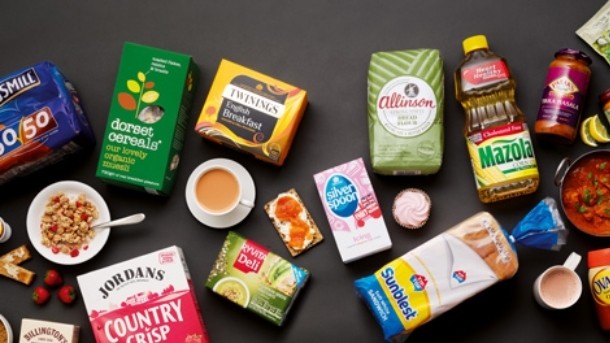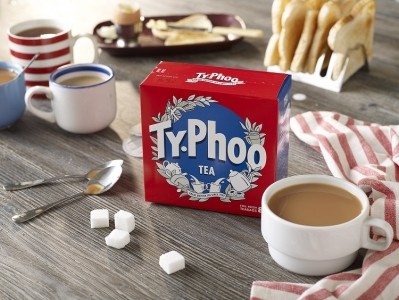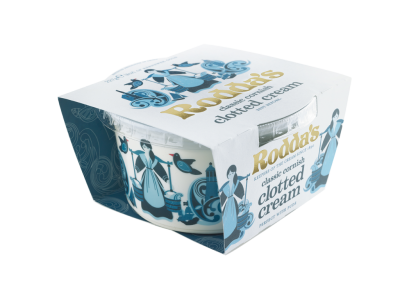Associated British Foods: sugar and Twinings tea uplift

In a trading update ahead of full-year results for the 52 weeks to 12 September 2020, the manufacturer pointed to the success of its food business during the outbreak of COVID-19.
Increased retail demand boosted grocery sales, with the Twinings tea brand leading the company’s top performers, helped by volume growth in black tea and infusions in its major markets.
However, despite Twinings’ success, ABF reported a decline in revenue for Allied Bakeries, following the loss of its largest bread contract earlier in the financial year.
The termination of the Co-op supply deal came after ABF announced the loss of its own-label bread contract with Tesco in April 2019 and resulted in a one-time charge of £15m. However, a suite of cost reduction measures – along with an uplift in sales due to COVID-19 panic buying – resulted in an improved underlying operating profit.
Sales and profit fell at ABF’s Westmill and AB Sports Nutrition businesses due to the reduction in foodservice activity and sports events respectively. That said, Silver Spoon, Jordans, Dorset Cereals, Ryvita and AB World Foods all benefited from significant increases in consumer demand in the second half of the financial year.
Sugar in growth
ABF’s sugar division had a healthy year, with operating profit and revenue ahead of the previous year. This was fuelled by a strong recovery in EU sugar prices – last year ABF reported a 5% drop in sugar revenues, while operating profit was down 78.8%.
In the UK, sugar production of 1.19m tonnes was ahead of last year with a strong operating performance by the factories overcoming the impact of adverse weather.
With the higher sales price, and some improvement in sales volume, the profitability of British Sugar improved significantly. However, lower yields are expected to cut sugar output in the next financial year.
Sales at ABF’s ingredients business outperformed the previous financial year, with the manufacturer expected to deliver an increase in adjusted operating profit. Retail demand drove up the sales of yeast, another byproduct of consumers forced to stay at home due to the coronavirus.
‘Across the board momentum’
Commenting on ABF’s results, Shore Capital research analyst Darren Shirley said he was encouraged by ABF’s across the board momentum in its final financial quarter. Shore’s full-year (FY) expectations for the manufacturer were likely to go up as a result and its 2021 forecast was under review for upward revision.
Shirley said ABF boasted “a business with market leading global positions in sugar and yeast, a growing stable of high-quality grocery brands, very well invested assets”. It had a strong balance sheet and cash flows, he added.
ABF’s full-year results are expected to be published on 3 November.
Meanwhile, in April, ABF boss George Weston revealed that its food businesses had to produce ‘more than ever before’ during the weeks of panic-buying.















